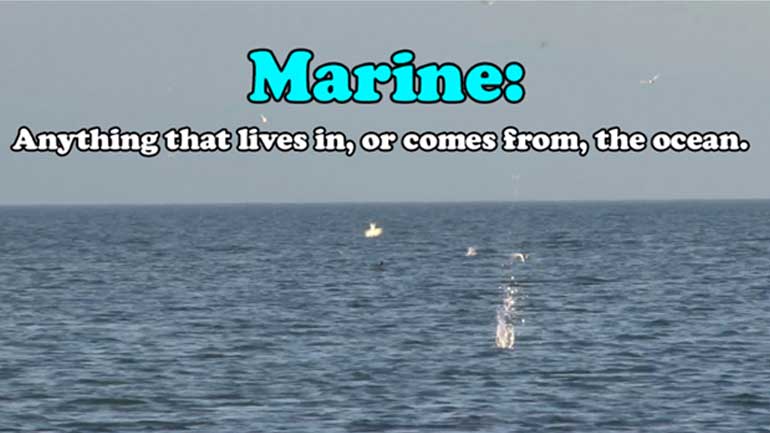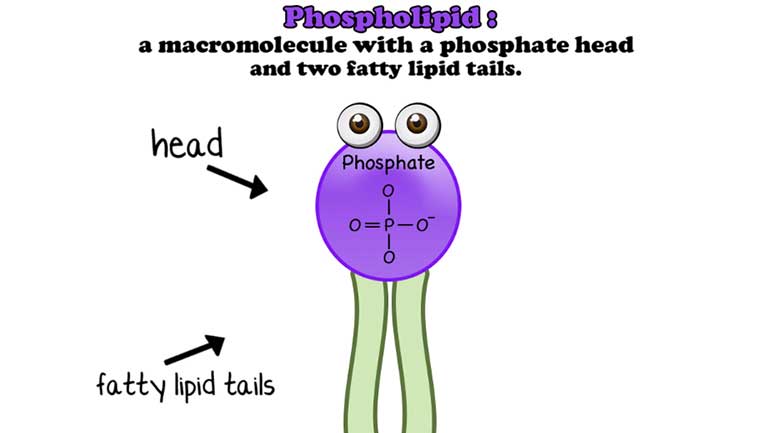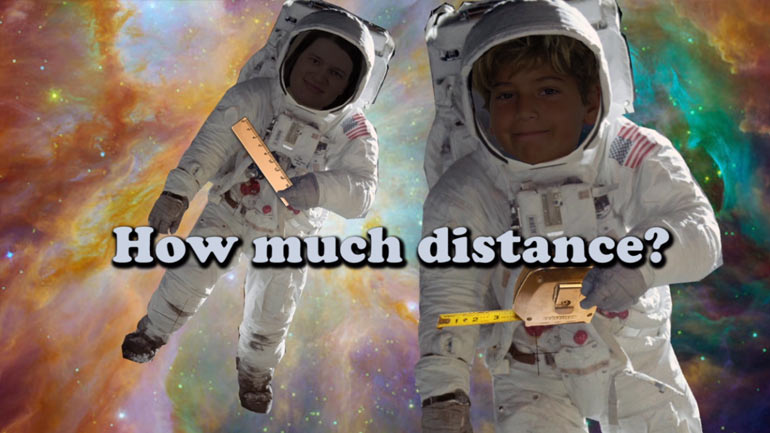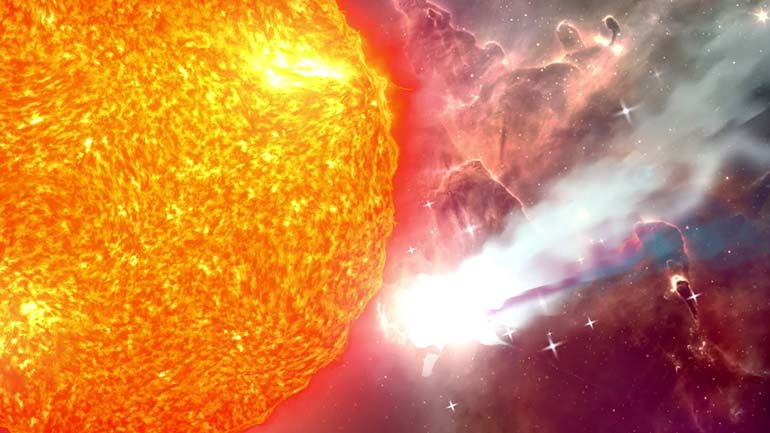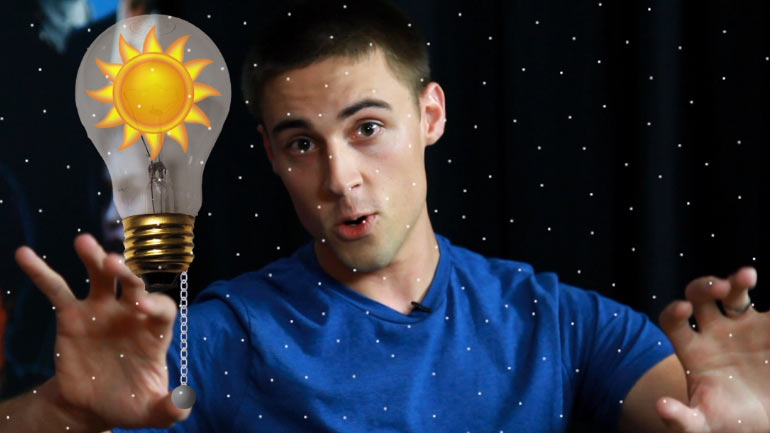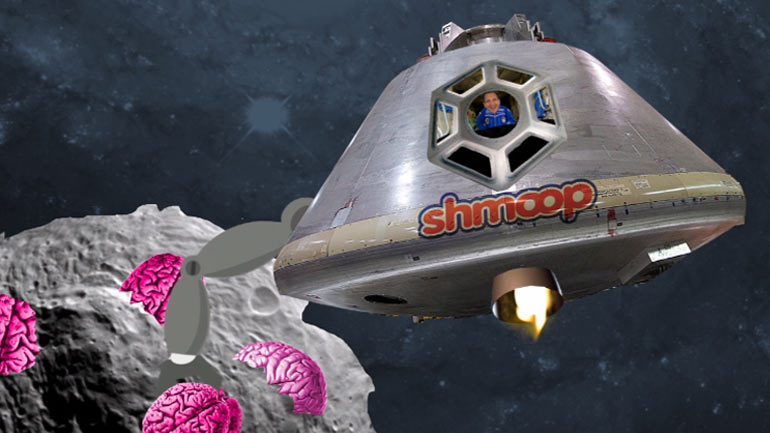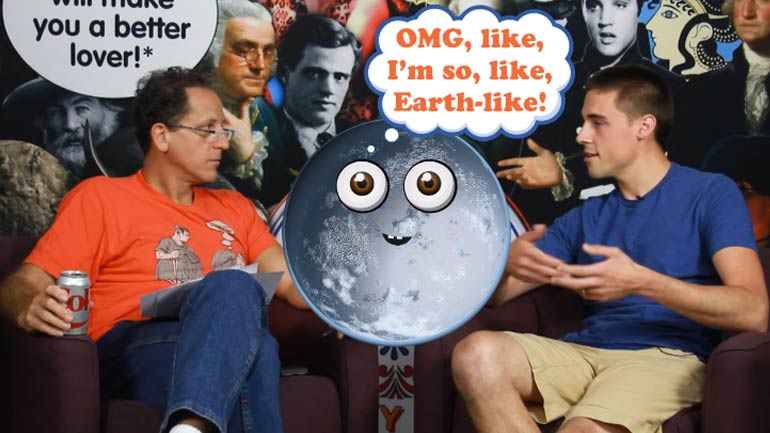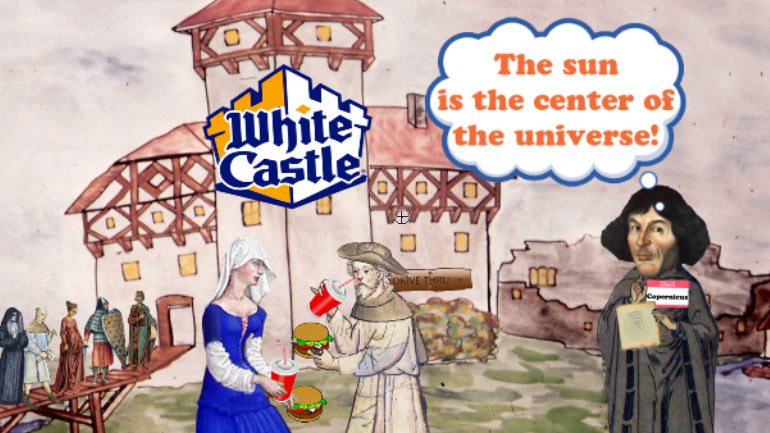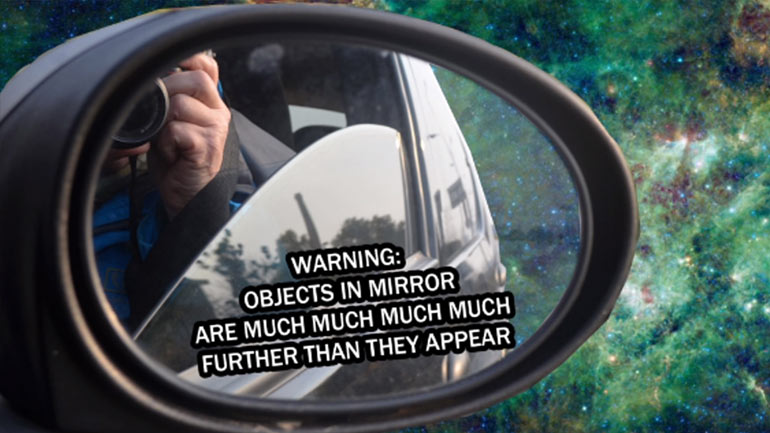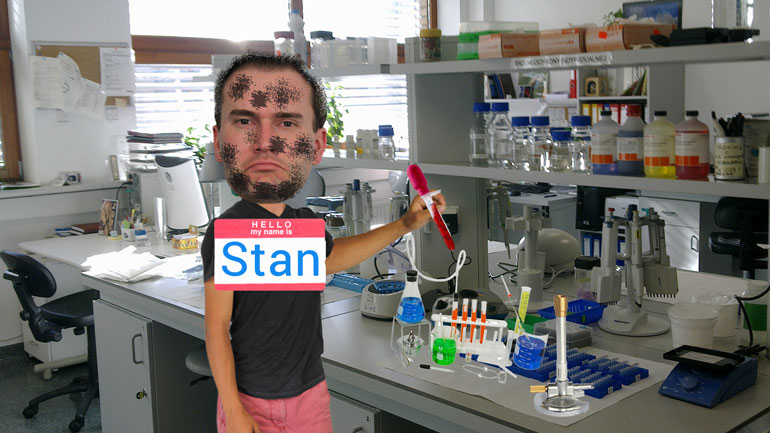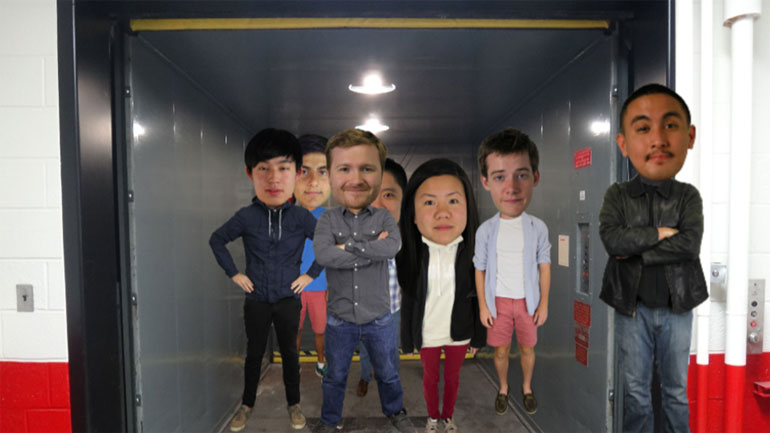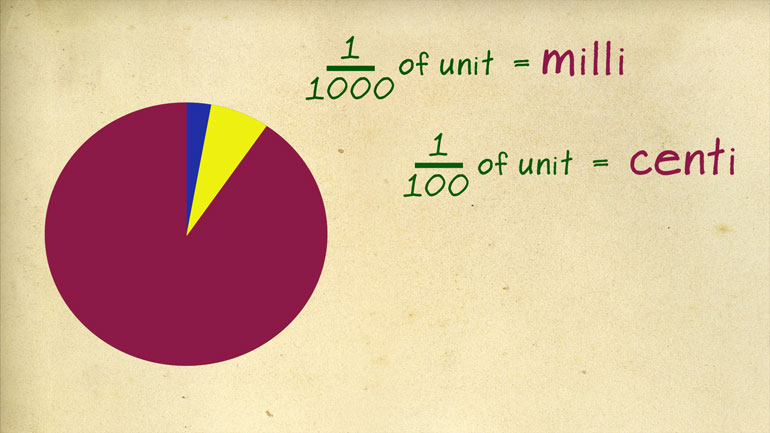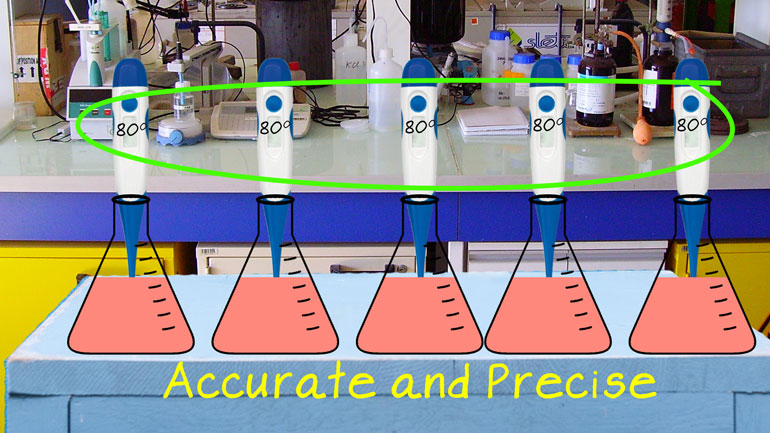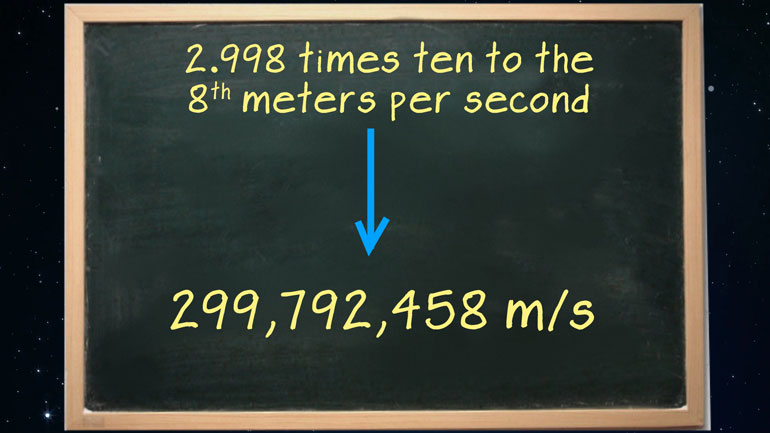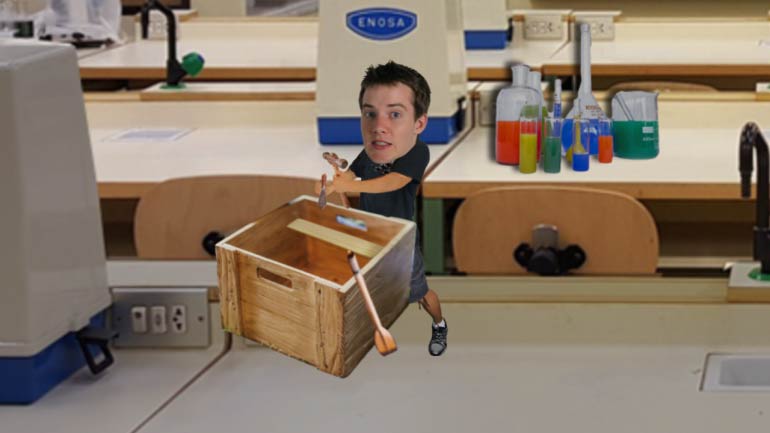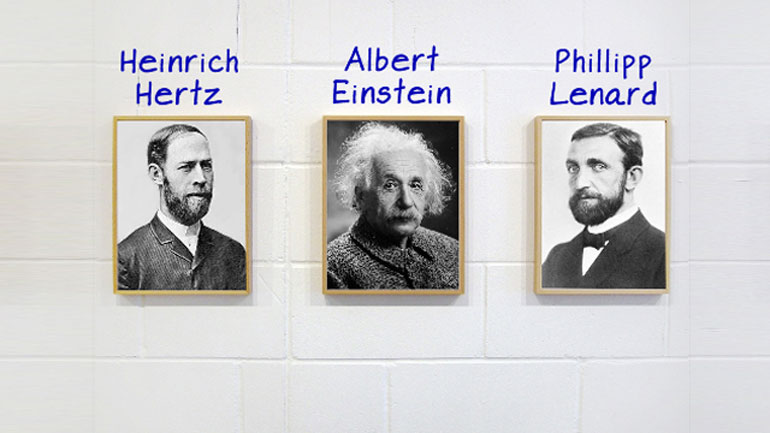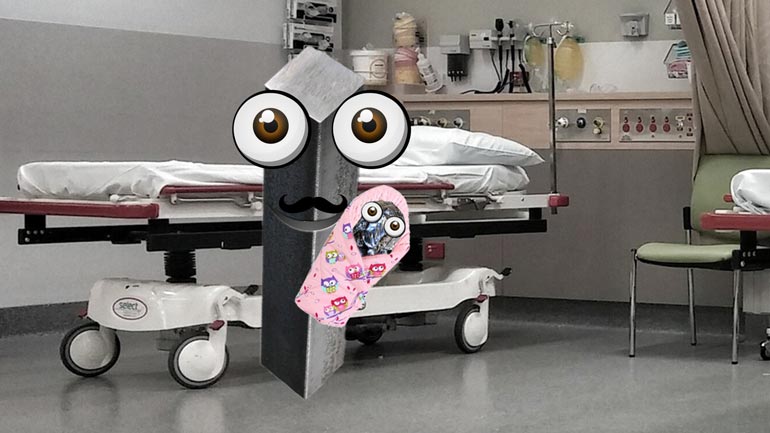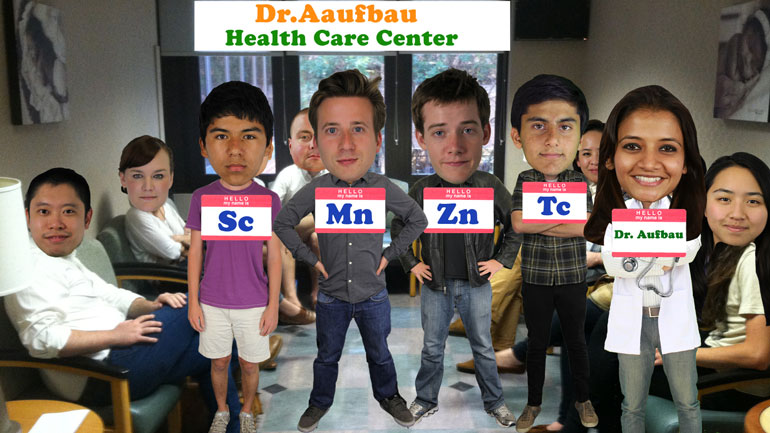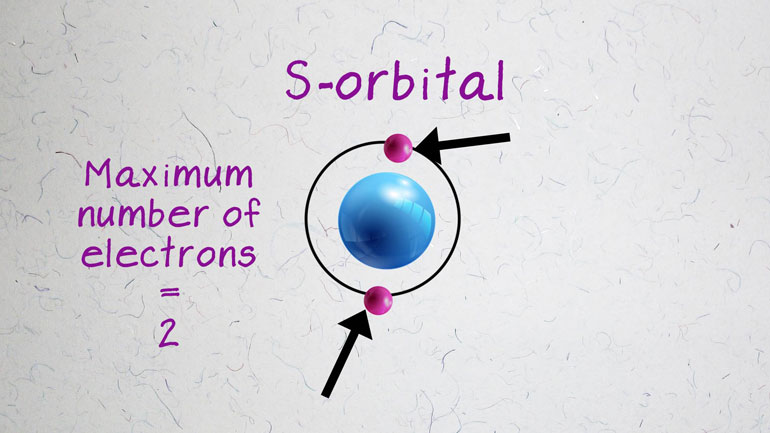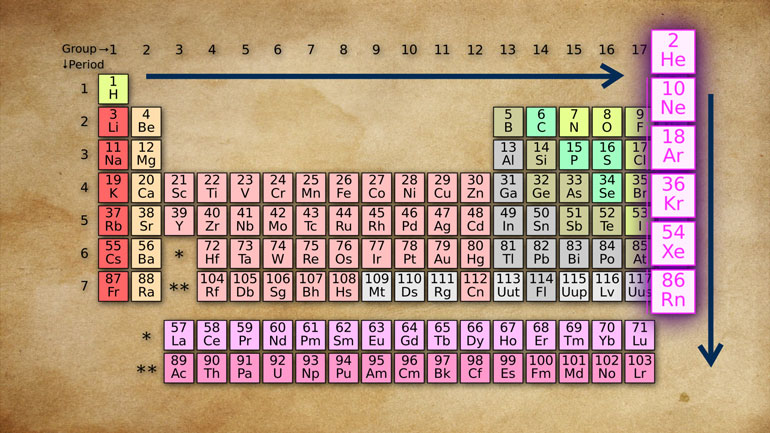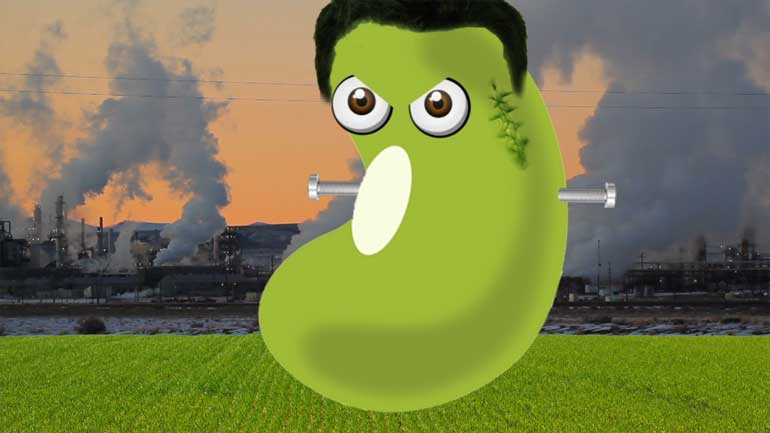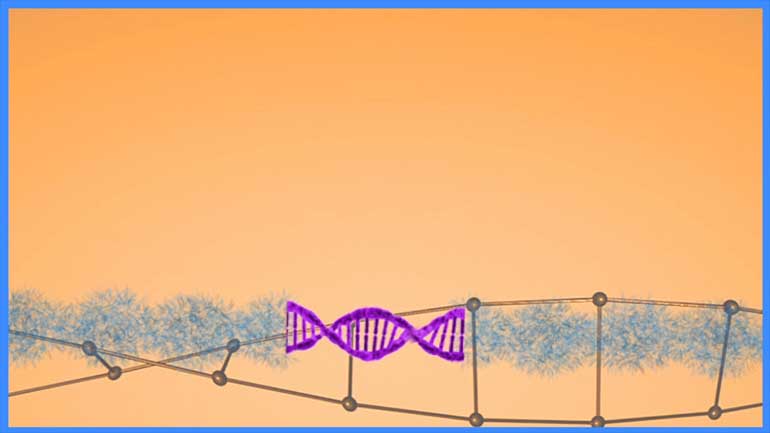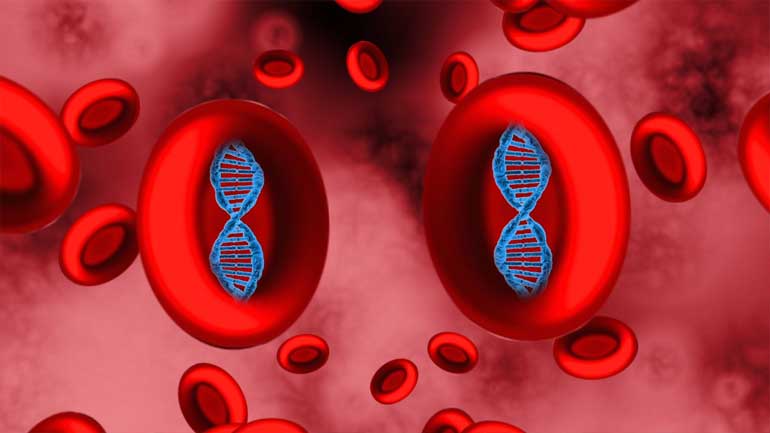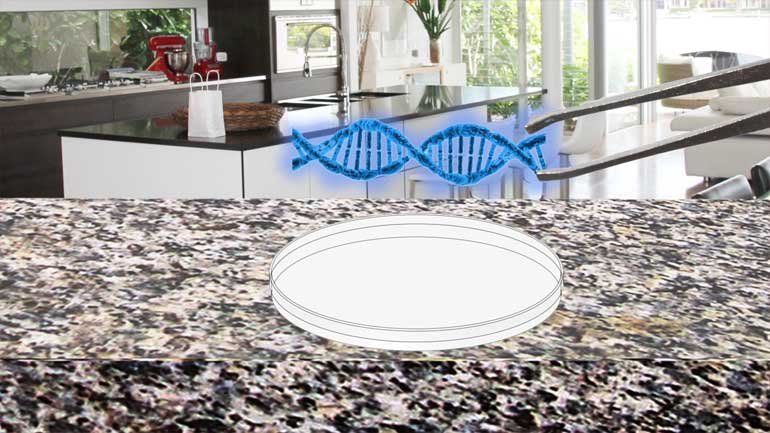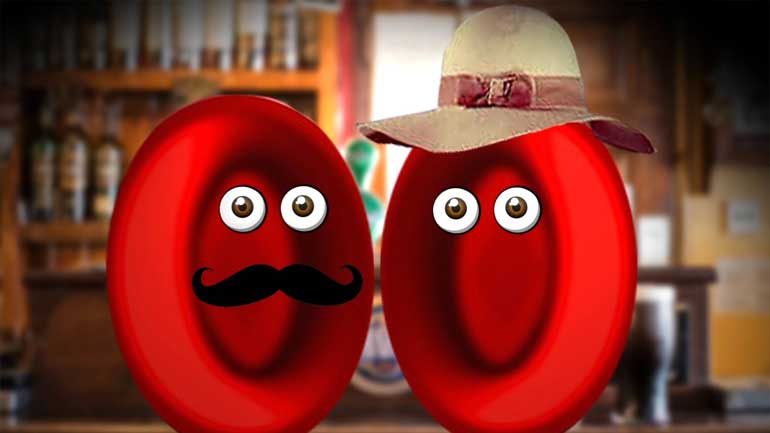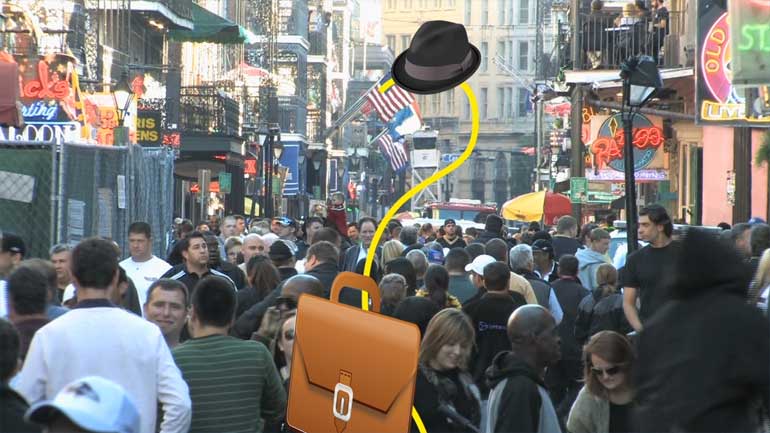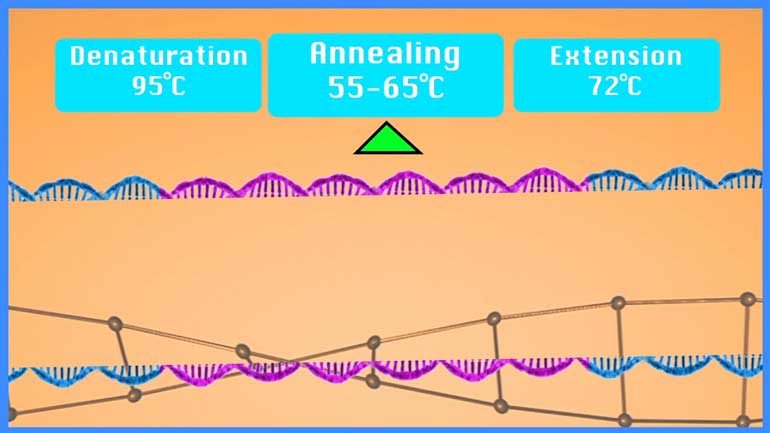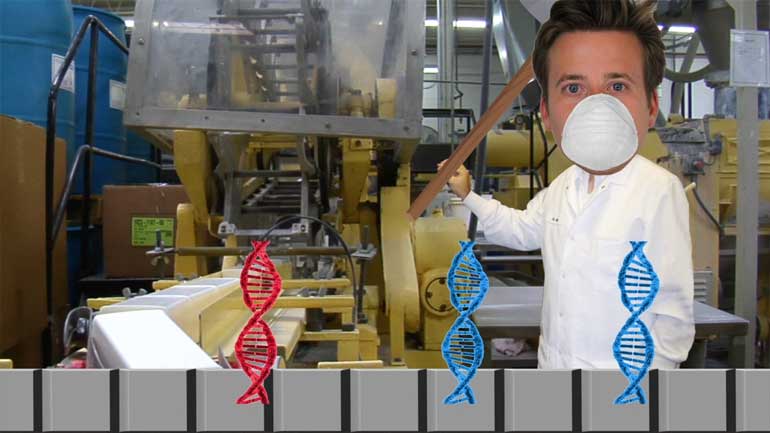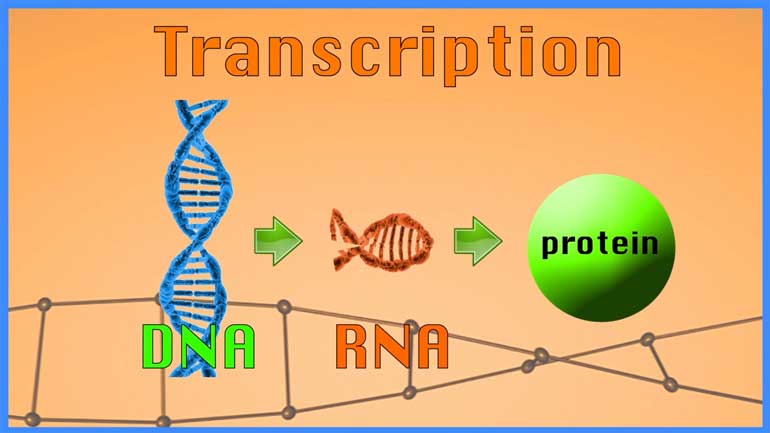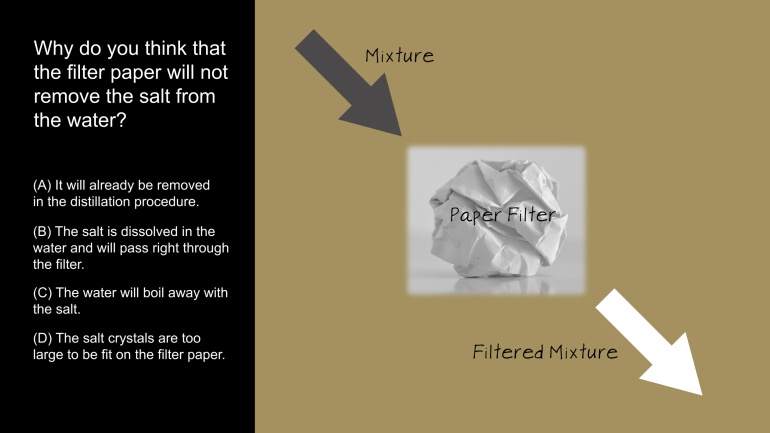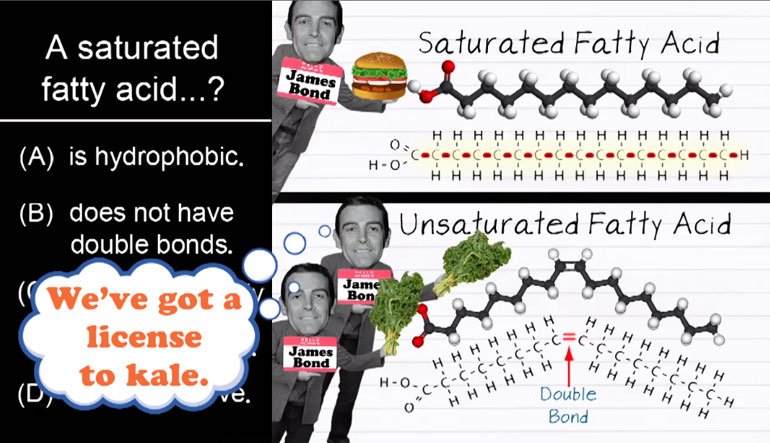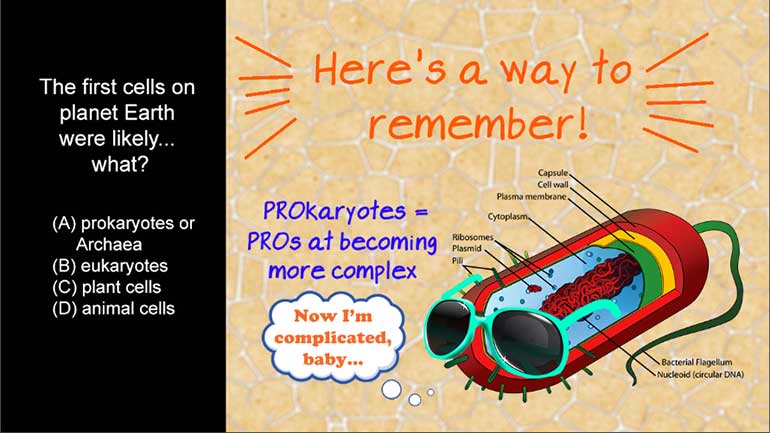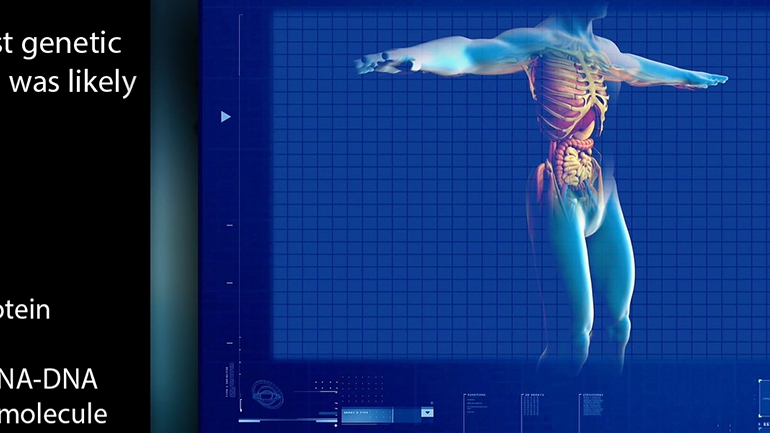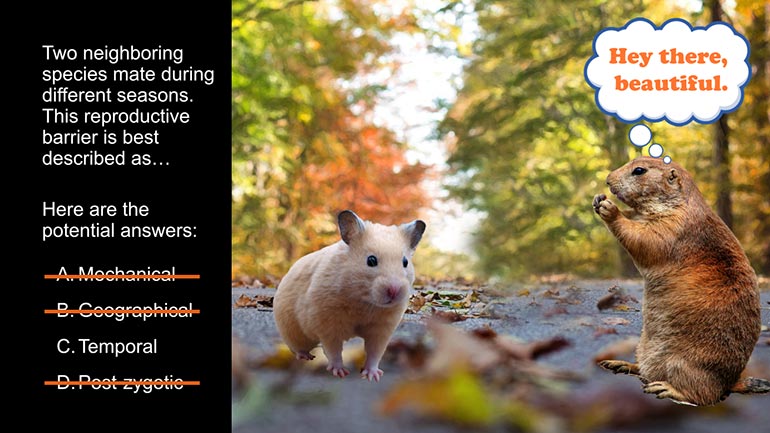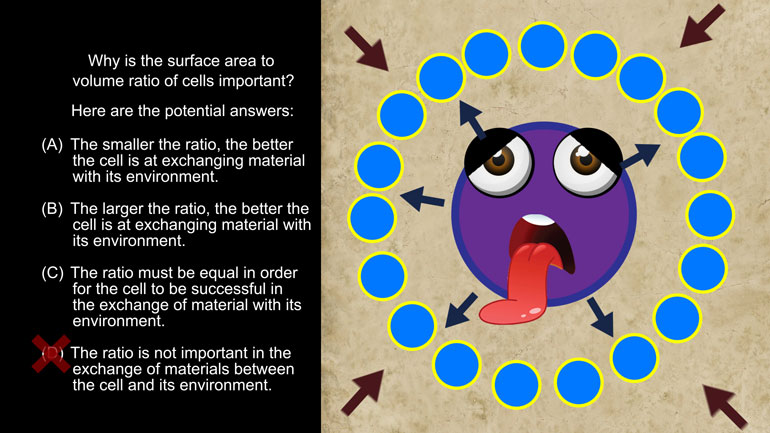ShmoopTube
Where Monty Python meets your 10th grade teacher.
Search Thousands of Shmoop Videos
Science Videos 686 videos
In this video, we dive beneath the sea to review the kinds of interesting animals that live in the deep blue.
Anything that has a cell (bacteria, listen up!) has phospholipids that keep the cell contained and give it form and shape. Phospholipids protect us...
Welcome to Astronomy 1126 Views
Share It!
Description:
Let's find “the answer to life, the universe and everything.” How, you ask? By reading the Hitchhiker’s Guide to the Galaxy and binge watching Star Wars. You’re welcome.
Transcript
- 00:00
Thank you We sneak Welcome to astronomy your friend's a
- 00:07
truck I will Since mankind's humble beginnings we have always
- 00:11
asked ourselves the big question Who are we What are
- 00:14
we doing here What's the meaning of life and why's
- 00:17
that willie mammoth chasing me Well if you put yourself
Full Transcript
- 00:20
in early man shoes or sandals or strips of tree
- 00:23
bark or whatever they were putting on their feet back
- 00:24
in those days a nike swoosh on it carlos the
- 00:27
world had to be a scary confusing place that endless
- 00:31
dark sky above tiny pinpricks of light everywhere objects freaking
- 00:35
by overhead a big ball of heat that comes and
- 00:37
goes as it pleases every roughly twenty four hours Well
- 00:40
for millions ofyears humans gazed upward and wonder But it
- 00:44
wasn't until a few hundred years ago that we actually
- 00:46
started making some headway in the quest to understand it
- 00:50
all Renaissance wasn't just about pretty paintings on ceilings and
- 00:53
wild haired composers smell well There were some awfully brilliant
- 00:59
minded fingers and scientists whose sprouted up during this time
- 01:02
including our first serious astronomer These guys were the first
- 01:05
to take brave stands that hey maybe the earth isn't
- 01:09
the center of the universe of course we all know
- 01:11
today actual center of the universe is kanye west As
- 01:15
technology has progressed we've been able to do things that
- 01:18
would have been unthinkable to astronomy forefathers trip to the
- 01:22
moon land rovers international space station movie gravity which of
- 01:27
these would have blown their minds And that was all
- 01:29
cg i Well the breath of everything covered by astronomy
- 01:32
is nearly as fast as space itself but basically it's
- 01:34
anything that has something to do with mankind's place in
- 01:37
the great limitless expanse of space It includes investigating the
- 01:41
origins of our universe physical ext separation of the final
- 01:45
frontier observation of astronomical objects from afar with the use
- 01:51
of high tech equipment and the attempt to draw conclusions
- 01:55
from our data that helps solidify our understanding of how
- 01:58
all the pieces fit together Well ever since our species
- 02:01
became a bunch of star nerds you've discovered some fascinating
- 02:04
stuff like the fact that a handful of our planets
- 02:07
are just big gaseous flops way don't mean congressman and
- 02:11
that everything on earth including ourselves is made from what
- 02:14
used to be bits of stars and how easy it
- 02:17
is to fall asleep During a planetary in presentation and
- 02:19
wake up guys sexually But what are we specifically going
- 02:23
tto learn in this course man you should do well
- 02:26
in astronomy If you're this into the specifics we'll start
- 02:29
with local Well we'll delve into the secrets hidden in
- 02:32
our own solar system how it came to exist what
- 02:35
makes a planet a planet and not a mere asteroid
- 02:37
what materials different planets are composed of and why and
- 02:41
whether or not the moon is really made of cheese
- 02:43
sponsored by kraft it's been up there for billions of
- 02:46
years and hasn't gotten green and moldy so well yes
- 02:49
next we'll expand outwards and explore the stars in the
- 02:52
great beyond we'll get into spectroscopy which is fortunately not
- 02:56
something involving a camera being shoved up in orifice go
- 03:00
there happens when you're fifty it's not pretty how stars
- 03:03
you're named in organized and where our galaxy it's into
- 03:06
the grand scheme of things then we'll put it back
- 03:08
to earth of it and cover all those crazy high
- 03:11
powered telescopes and other technological devices how they were invented
- 03:14
how they were and why they should under no circumstances
- 03:17
be used to fry Ants We'll examine that glorious intersection
- 03:21
between astronomy and math please The expression on your face
- 03:24
is thanks enough but without math we wouldn't be able
- 03:26
to determine how heavy astronomical objects are how far away
- 03:30
they are from each other How old our universes and
- 03:32
other fun watercooler topics in that vein finally last some
- 03:35
of the questions that haven't been answered yet What mysteries
- 03:38
are astronomers still trying to wrap their oversized brains around
- 03:42
what lies beyond our universe is e t out there
- 03:45
somewhere If so is he now trying to ext that
- 03:51
was that while you may never strap on a space
- 03:54
suit hitch a ride on a shuttle personally great unknown
- 03:58
is something that interests all of us in the pursuit
- 04:00
of knowledge Within the realm of astronomy is one we
- 04:02
can all get behind because every galaxy every star every
- 04:06
planet holds mysteries just waiting to be uncovered except fluto
- 04:09
Ever since he lost his planet status he's just been 00:04:11.98 --> [endTime] a little guarded We understand Okay okay
Related Videos
In this video, we dive beneath the sea to review the kinds of interesting animals that live in the deep blue.
Anything that has a cell (bacteria, listen up!) has phospholipids that keep the cell contained and give it form and shape. Phospholipids protect us...
GMOs. Now that’s a scary word. Or is it? Guess it’s time to ask ourselves: WWMST? ...For those of us who don’t constantly ask ourselves “wh...
